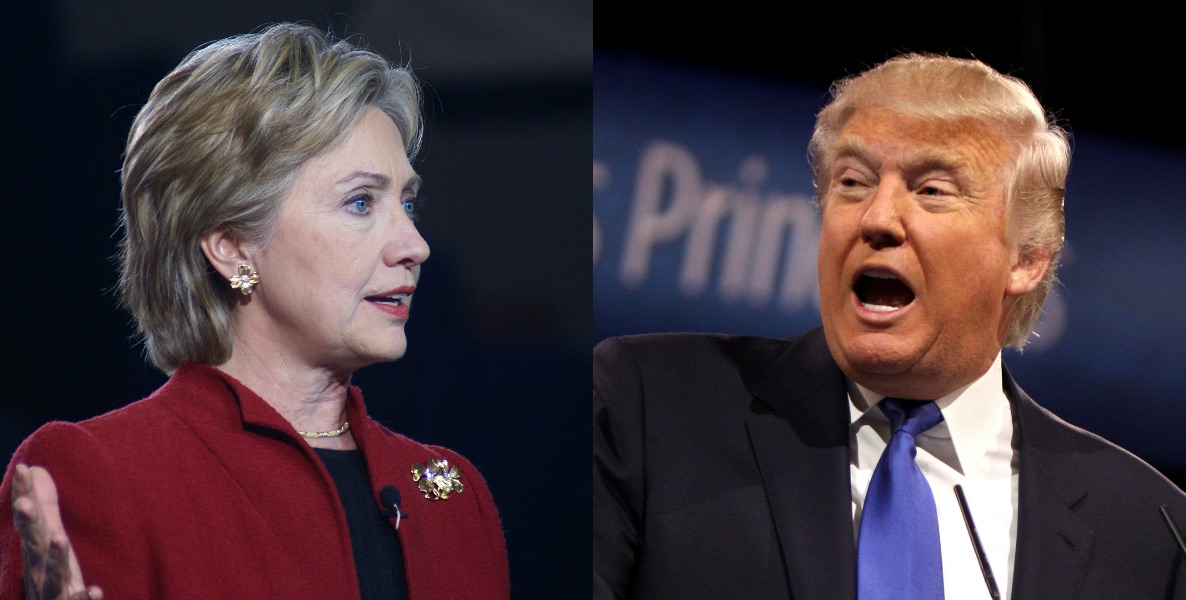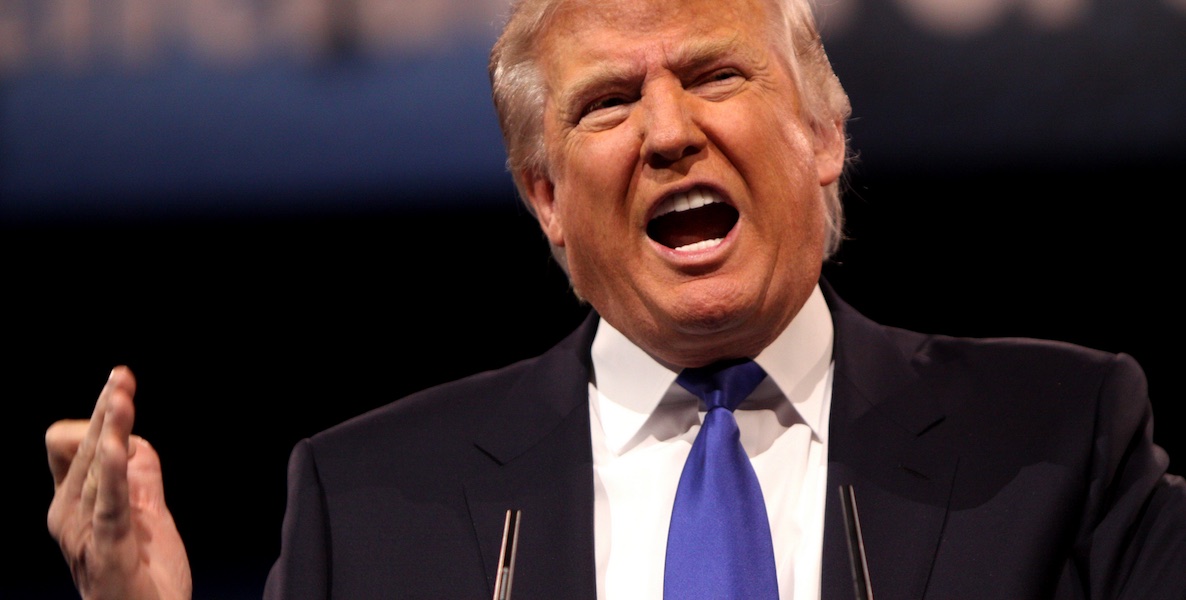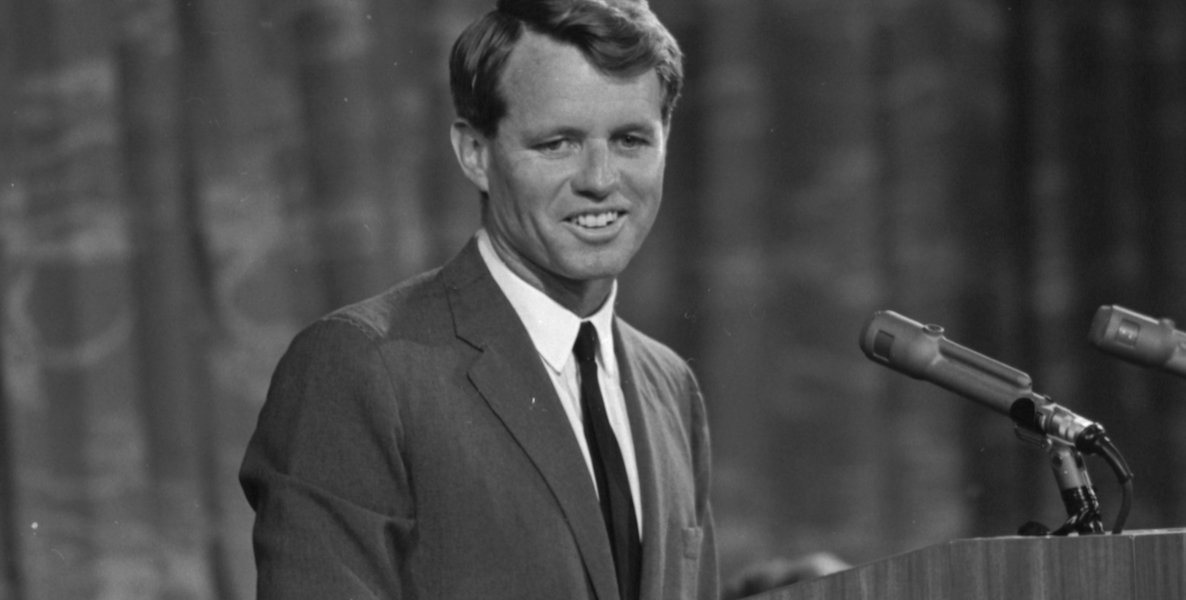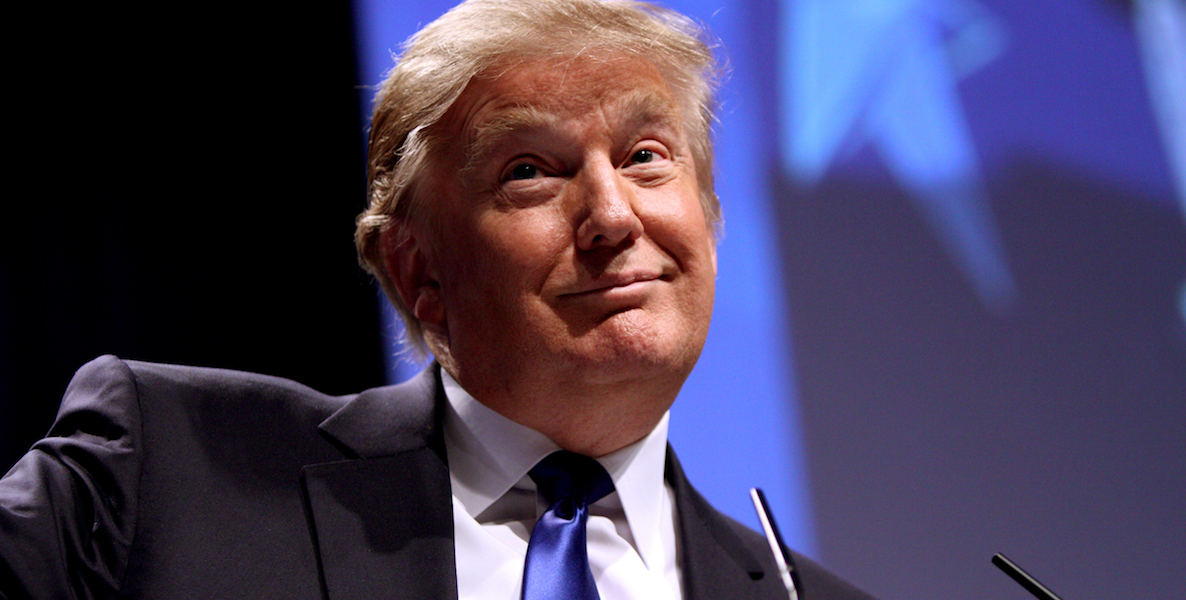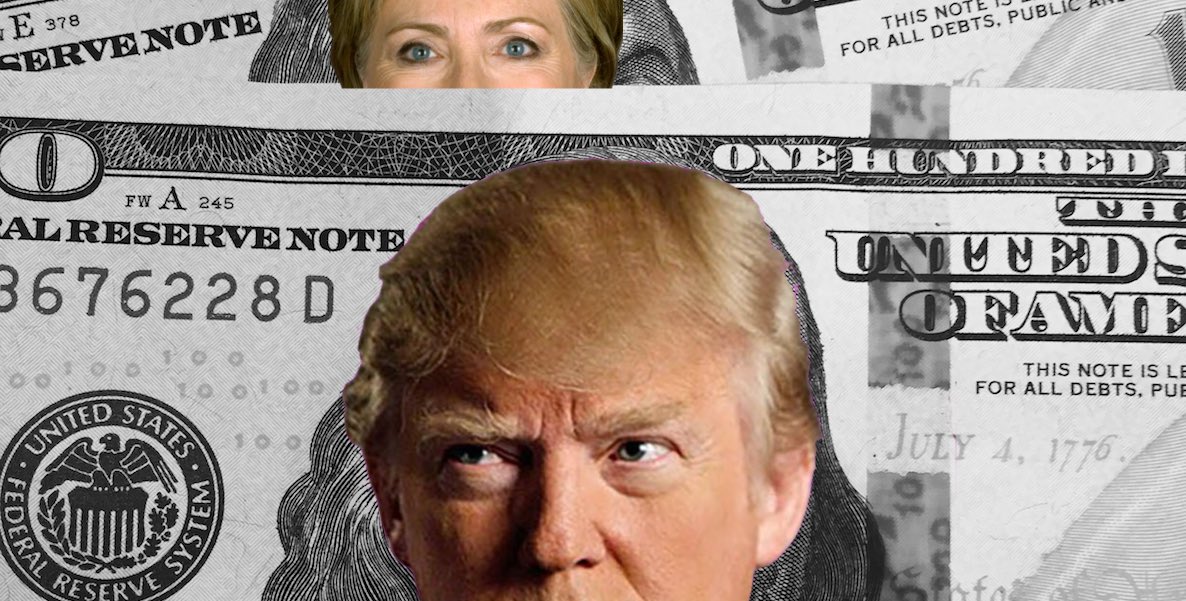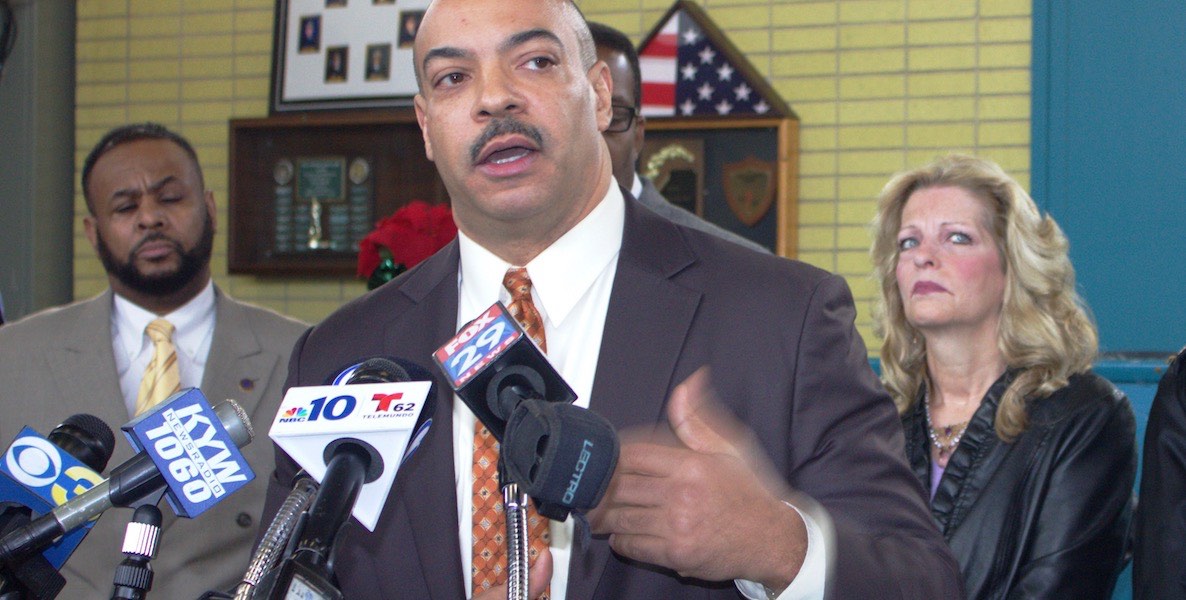When the 12th century Jewish philosopher Moses Maimonides detailed his hierarchy of charitable giving he placed anonymity toward the top of the list. Anonymity, thought Maimonides, made it clear the gift was about the recipient, not the giver.
Today’s philanthropy eschews anonymity because it seeks the public leverage of names and relationships. And it wants the gift to be strategic, something that leads to long-term solutions. Charity may be a gift, but philanthropy is a civic enterprise. And in an age when the president of the Ford Foundation is featured in People Magazine, quiet giving is largely a thing of the past.
There is nothing wrong with the increasingly public face of charity. It can be a driver of social change. But there are limits to public recognition, particularly as it moves from strategy to self-indulgence or even self-dealing.
Imagine how Maimonides would view the 2016 presidential election. Among its many peculiarities is the degree to which the candidates’ philanthropic endeavors have been seen as character-revealing. The debate over each candidate’s philanthropic acts has become another round in an episode of Trump-Clinton WrestleMania.
Let’s start with Trump.
The New York real estate billionaire sought to use his support of veterans and other causes to demonstrate a public purpose. He needed to show he was more than a wealthy businessman in pursuit of more wealth. The praise he received from his children that he was a great father helped, but family is different than community. He needed to complete the triangle—business, family, and citizen.
There is nothing wrong with the increasingly public face of charity. It can be a driver of social change. But there are limits to public recognition, particularly as it moves from strategy to self-indulgence or even self-dealing.
So Trump challenged television networks to dedicate part of their earnings from the popular Republican debates to charity, and he stayed out of one debate and used the time to raise money for veterans groups. Political friends and supporters like Rudy Giuliani and Chris Christie have conveyed stories of Trump as a guy who was always there to help when needed. And Trump and his family members talked about his charitable contributions leading up to and during the Republican National Convention. He made it part of the image he wanted to project.
![]() There was one thing wrong with the strategy; like much about Trump, it is hard to find substance to back it up. The Washington Post tracked down his past and current giving and found limited evidence of donations that lived up to his promises or that matched the philanthropic reach of those of similar wealth.
There was one thing wrong with the strategy; like much about Trump, it is hard to find substance to back it up. The Washington Post tracked down his past and current giving and found limited evidence of donations that lived up to his promises or that matched the philanthropic reach of those of similar wealth.
Trump disputes the Post’s stories and claims he quietly gives away money without much fanfare, outside the foundation he created. Fair enough—and maybe in keeping with the Maimonides principle. The problem is we need his tax returns to check it out and he won’t make them public. We go into the voting booth with limited evidence of Citizen Trump.
Trump’s style of charitable giving that we know about is celebrity philanthropy. He lends his name, makes a contribution, and brings other donors. Ultimately celebrity philanthropy is about the event as much as the cause. It is perfect for someone who likes to be seen.
There is nothing unusual about this style of giving. It is done all the time by nonprofits that align with civic leaders and business figures to draw attention to their cause and raise money. Every nonprofit group I am associated with does the very same thing. Why not? If it supports a worthy cause and people want to lend their names, time, and dollars, then party away.
Celebrity fundraising is similar to political fundraising. Political fundraising also has a cause (the candidate), donors and an event. Great political fundraisers are often also great charitable fundraisers, as they operate in overlapping circles of wealth and status. Locally Ed Rendell and David L. Cohen are as good as you get tying these two together: heavier on political fundraising, but present in charitable giving.
In both spheres, the right networks are the secret sauce. Who wants their name on the letterhead and what does it cost? Who can ask them? And who will get their calls returned? People have favorite charities and favorite politicians. And then there are the money bundlers able to convert multiple relationships into a cache of capital.
![]() Which brings us to the Clinton Foundation: an unusually complex cache of capital.
Which brings us to the Clinton Foundation: an unusually complex cache of capital.
A good number of doctoral theses will be written about Clinton Inc. It combines three important themes of our era: political celebrity, the globalization of philanthropy, and the personalization of social policy.
The Clinton Foundation is based on the relationships and fundraising ability of its founding political celebrities. Unlike Gates or Walton, the Clintons did not make or inherit money; they raised it through relationships built from political careers as governor, president, senator, secretary of state, and presidential candidate.
And that is why it is so complicated, because it is a fundraising machine and an operating foundation, steered by the ultimate political celebrities. Often the same persons and institutions that donate to the Foundation also hire the Clintons to speak or consult. And the same institutions also lobby the U.S. government. And the same people who work for the Foundation or one of its affiliates may have worked with or consulted with government agencies in the past.
This raises questions as the net worth of the Clinton family and the net worth of the Foundation move upward in tandem. It is hard to disentangle the political business of Bill and Hillary Clinton from their charitable fundraising or their speaking fees. Let me rephrase that: It is legally easy to make the distinction but hard to disentangle the connections and appearances of conflict of interest.
A company doing business with the United States gets a meeting with Secretary Clinton or the former President. The same company makes a large donation to the Clinton Foundation. At another time the same company hires Bill to speak for a very large fee, sometimes a half million dollars. Bill may keep the fee or donate it to the Foundation. The company succeeds in its business with the United States.
There is nothing legally wrong with this scenario, unless there is evidence of an explicit quid pro quo. The company may have succeeded anyway and access does not mean favors. But when the Associated Press reports that 50 percent of Secretary Clinton’s private (non-governmental) State Department meetings were with donors to the Foundation, there is a significant appearance of impropriety.
Many conservatives are sure there is a RICO case here waiting to be brought by a different Justice Department. They think the Clintons have masterminded the ultimate global pay-to-play scheme. Clinton loyalists say that’s nonsense; this is about good deeds by the Clintons and a bad Republican candidate who needs a diversion.
The Clinton Foundation is a fundraising machine and an operating foundation, steered by the ultimate political celebrities. Often the same persons and institutions that donate to the Foundation also hire the Clintons to speak or consult. And the same institutions also lobby the U.S. government.
Most of us marvel that in any other year—if the Republicans had put up a normal candidate—Clinton would have been toast. Why? Because she cannot get away from the tendency to play against the edge. She seems too clever by half, giving us the sense that she and her husband ignore the rules. It seems we will have years of investigations in front of us, as if a replay from the 1990s will spin along an endless reel.
Appearances aside, the Foundation does significant work, particularly in the area of HIV/AIDS and other health issues in the developing world. They forge smart alliances with NGOs, for profit companies, governments, and other philanthropies. They solve problems and employ an army of smart practitioners on the frontlines. There is no reason to doubt that. There is too much evidence to support it.
But there are other sides to the Foundation that appear to be high on celebrity and low on net new impact. Giving to the Foundation or being aligned with their work is the ultimate charity ball. You get access and affirmation from the most important political family in the nation. You meet insiders and feel like an insider. Even large private philanthropies with their own capacity to give money or operate programs give to the Clintons; it is the country club they want to join.
The most peculiar part of the enterprise may be the Global Initiative meetings where hundreds of organizations pledge future work. The pledges do not generally represent a change in what they were going to do anyway. So it’s a bit like a secular religious revival where the flock makes a commitment as they move to the pulpit. In this way even small organizations join the country club even if they only get to use the kiddie pool.
As we have seen with so many Philadelphia corruption cases, mixing politics and nonprofit organizations can lead to questionable outcomes. What seems to be in the public purpose may have many faces and purposes. This is a global phenomenon. Political power has often been accompanied by and reinforced by charitable institutions that build an image (Eva Peron), propagate an ideology (Saudi Wahhabism), or catalyze a grassroots movement (Woodrow Wilson and the Red Cross).
This is the first presidential election where charity and political personality has been so bound together. But in a world where the boundaries between civic, government and business are more porous than ever, my hunch is that it won’t be the last time these themes play out on the national stage.



